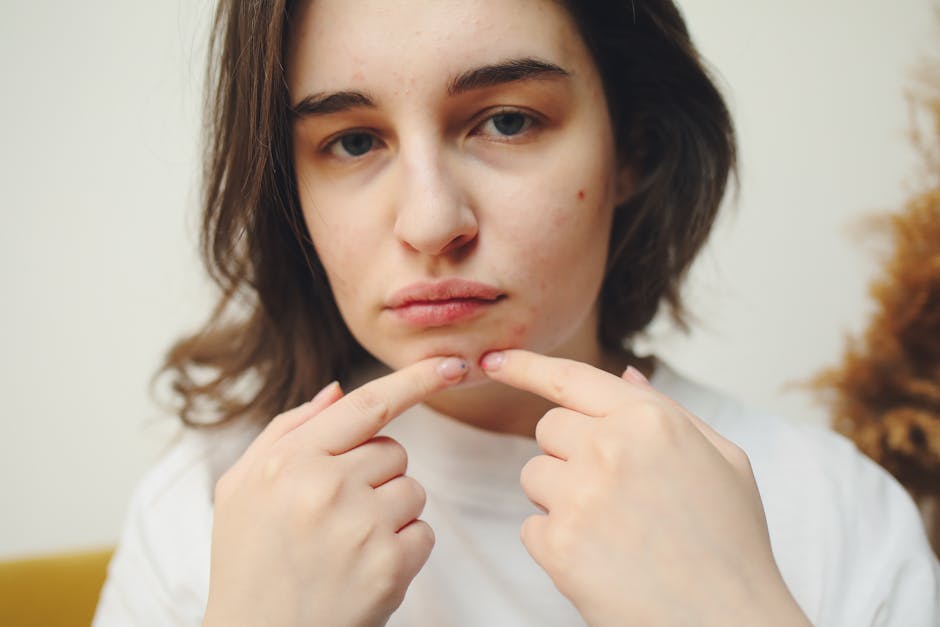Acne, a common skin condition that affects millions worldwide, can be a frustrating and embarrassing issue. It can lead to low self-esteem and social anxiety. But don't despair, because there are numerous treatment options available to help you achieve clear, healthy skin.
The first step in treating acne is to understand its causes. Acne occurs when the pores on your skin become clogged with oil and dead skin cells. This can lead to the formation of blackheads, whiteheads, and pimples. Hormonal changes, genetics, and certain medications can also contribute to acne.
Various over-the-counter treatments can help manage mild acne. Salicylic acid, benzoyl peroxide, and retinoids are common ingredients found in acne-fighting products. These ingredients work by reducing inflammation, unclogging pores, and promoting cell turnover. However, if over-the-counter products prove ineffective, prescription medication may be necessary.
In severe cases, your doctor may prescribe oral antibiotics or isotretinoin. Oral antibiotics work by killing the bacteria that cause acne. Isotretinoin, a powerful medication, is reserved for severe acne that doesn't respond to other treatments. It can be effective but may cause side effects such as dry skin, increased sun sensitivity, and birth defects.
In addition to medication, lifestyle changes can also help improve acne. Maintaining a healthy diet, getting regular exercise, and managing stress can all contribute to clearer skin. Avoiding touching your face, washing your face twice a day, and using non-comedogenic makeup can also help keep acne at bay.

